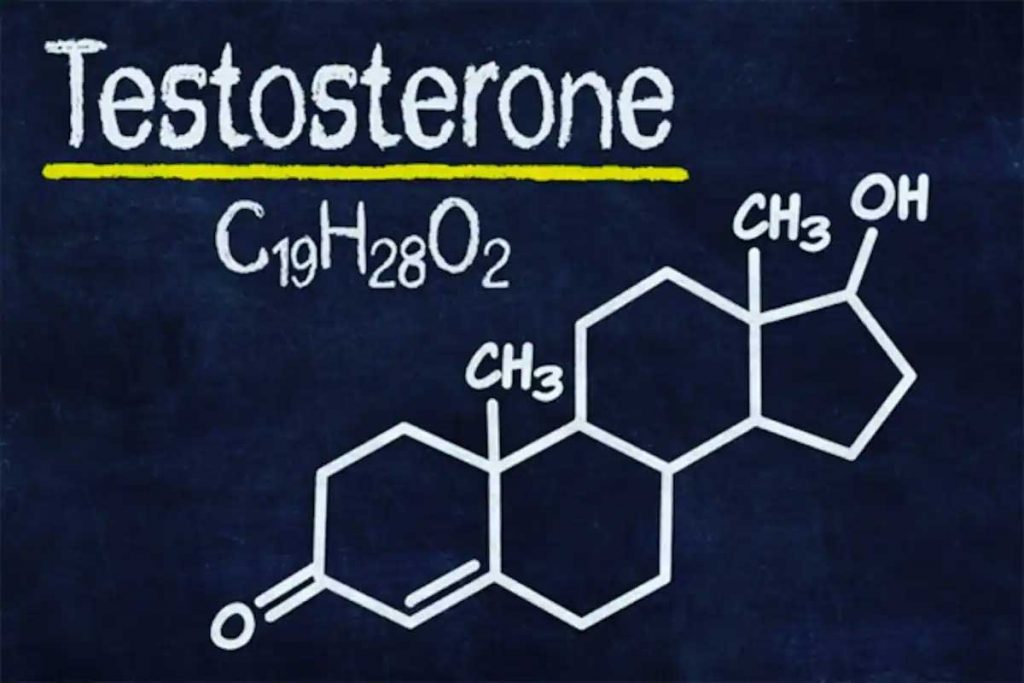Did you miss part 1, part 2, or part 3?
There’s one more hormone we need to understand in our quest to slay the dragon, that is stress, testosterone. Ladies, don’t check out. In the mid-80s, scientists began to realize that women need testosterone too. While women only produce around 1/10th the testosterone of their male counterparts, it is a critical hormone, and by age 45, most women are producing half of the testosterone they did at their peak. Men’s testosterone is often 20% lower by age 40 and will fall by 10% per decade every decade thereafter.
Testosterone is needed to build muscle tissue, immune system parts, skin, tendons, and bones. It heavily impacts metabolism as well. Signs of low testosterone are anxiety, depression, general lethargy, low sex drive, decreased muscle mass, elevated cholesterol, impaired bone strength, and more.
You need to know how this works because testosterone drops during chronically high stress and high cortisol. In my experience, having coached dozens of military personnel, firefighters, and police officers, that demographic always has the lowest testosterone levels and worst lipid profiles, and this makes sense. They work highly stressful jobs, often go on minimal sleep, have poor nutrition, and live on stimulants. Sound familiar? That describes much of America. I have seen similar results in nurses and EMTs.
Maintaining a proper testosterone balance to cortisol is critical for fat loss and overall health. Research has confirmed that increased cortisol and decreased testosterone are directly linked to blood vessel thickening, which is a massive risk factor for heart disease.
It’s important to understand that hormones work in concert with one another to control metabolism. This is why we want to achieve the proper balance. Elevating testosterone to normal levels is certainly helpful, but it will be limited if cortisol remains elevated. Conversely, addressing cortisol but ignoring chronically low testosterone will have a limited impact.
Now, while there are supplements we can leverage to control cortisol and elevate testosterone, the first things we need to address are lifestyle changes. Ultimately these things are the root cause, and you will find much more success making changes here than continuing to live the same frenetic life hoping to solve the downstream impacts with a supplement cocktail.

